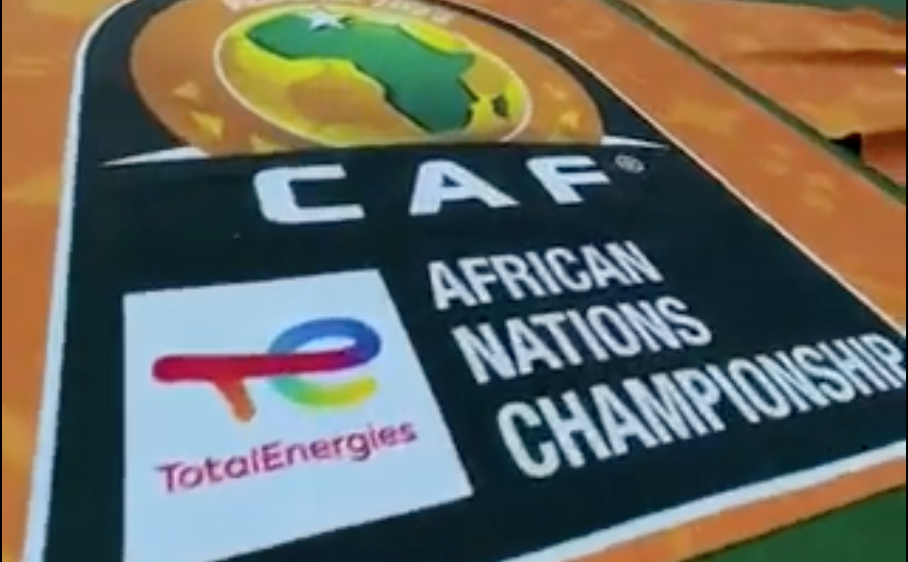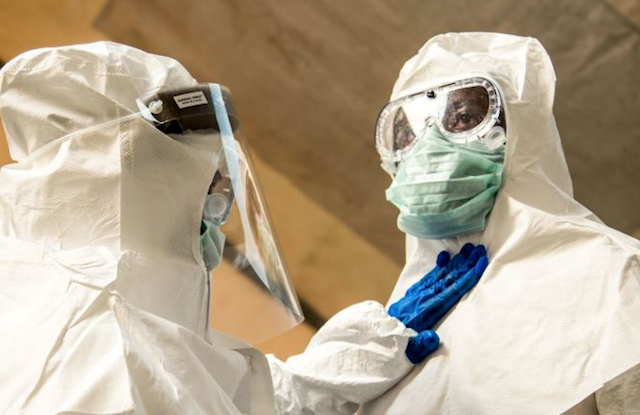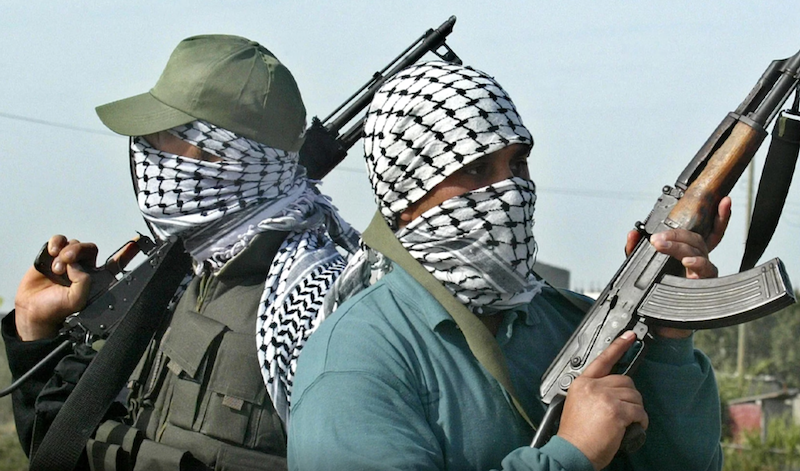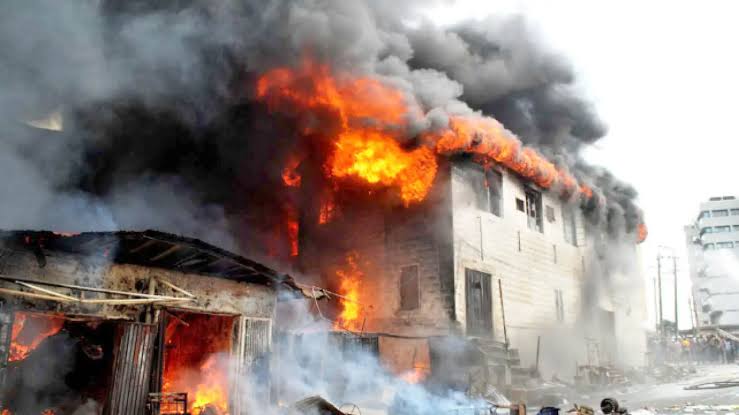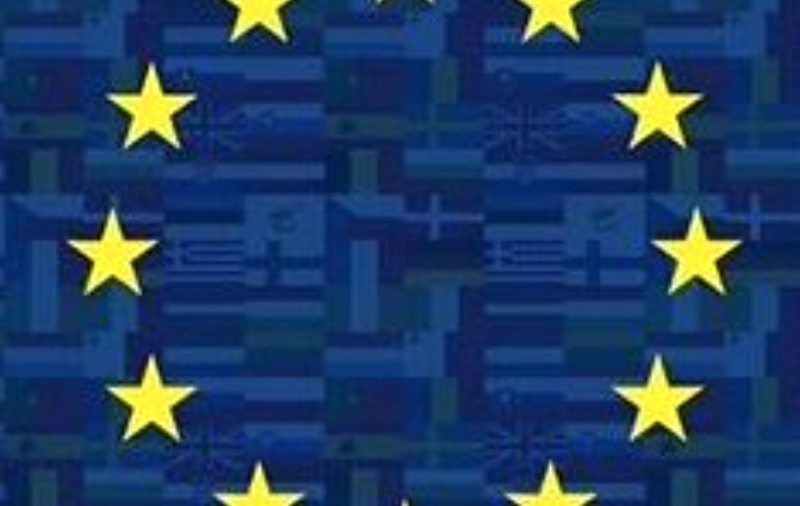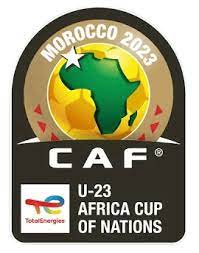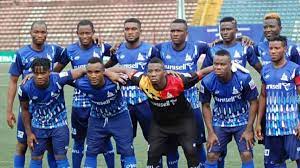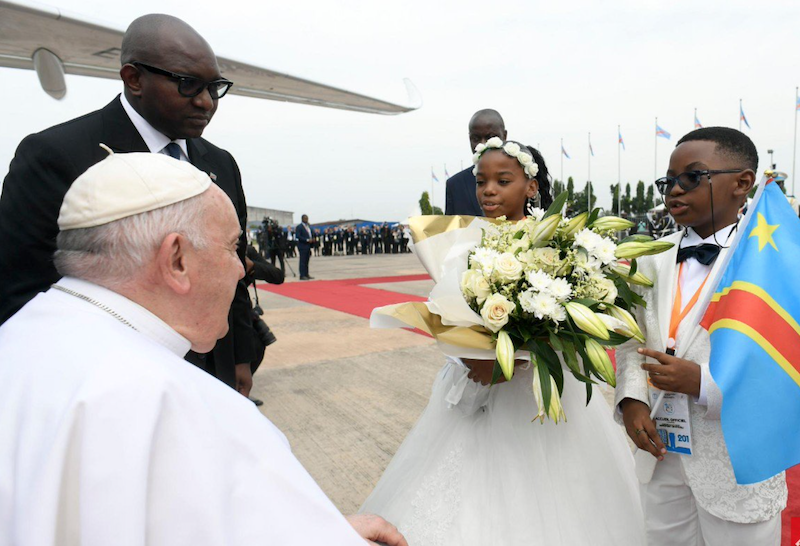Although the rest of Africa seems to have forgotten about the crisis and wars in the Democratic Republic of Congo (DRC), some scholars, intellectuals and thinkers from the continent are continually engrossed in finding the pathways to resolving the perennial problems in the continent’s largest country. Last weekend, they came together to examine the underlying causes of the conflicts and proffer solutions. It was at a webinar organized by The Pan-African Dialogue Institute (TPADI) on the theme ‘’Invasion of DR Congo: Global interests and implications for pan-Africanism’’ TPADI is an international think tank of African academics, professionals, students, civil society and grassroots leaders in different fields of life within Africa and the Diaspora, coming together for the study, practice, and propagation of Pan-Africanism.
The Keynote Speaker at the webinar, Prof G. Macharia Munene, is a Professor of History and International Relations at the United States International University Africa (USIU-A). He has taught in several universities in Europe, America and Africa, and published many articles and books. His academic excellence and advocacy have earned him an award as a UN recognized Expert on Decolonization. Prof. Munene gave a historical account of Congo crisis, tracing it to the Berlin Conference of 1884, and argued that the country is “the source of both Pan-African agony and Pan-African consciousness”, because of being subjected to military, mercenary, commercial, mineral resource looting, and spiritual invasions. Congo is geographically a big country and there actually seems to be two countries in one, Eastern and Western Congo. Those in Eastern Congo appear to be closer to East African countries than to Western Congo. To them, the zone around Kinshasa in Western Congo is like a foreign country and Eastern Congo is similarly a foreign country to those in Kinshasa. Congo is rich in strategic minerals and such other forms of wealth like rubber and timber. He noted that DRC is similarly a source of African contradictions of extreme wealth in the midst of extreme poverty – a place of attraction for colonizers to extract wealth accompanied by the pain of poverty for African victims of colonialism. It attracts extra-continental adventurers and wealth looters.
Participants at the Berlin Conference, Munene reasoned, achieved two things. First they partitioned the Congo zone so that the French, the British, the Portuguese, and the Germans each got a piece of the Congo zone. The biggest beneficiary of the partitioning was King Leopold of Belgium who acquired the entire DR Congo as his personal property, to be called ‘Leopold’s Congo’. The second achievement was to agree on how to claim other African territories without fighting. But Congo was set on a path of destruction.
The post-Independence killing of Lumumba plunged Congo into Cold War chaos and acted as a warning to other African leaders of what could happen. Leaders of the soon to be independent Kenya took note of those happenings and assured the West that all would be well because thugs would not run the government. Nairobi tried to reconcile the Congolese factions in the 1960s but external forces made sure that the reconciliation would not go far. Mobutu was the main man to be protected by the Western powers in the 1970s even as he looted his country dry. He became so rich and ran his country bankrupt, so much so that he could lend money to his country. He tried derailing the events in Angola, sponsoring Holden Roberto. In his private visits to the US, he still received honored treatment from US President Jimmy Carter.
Mobutu’s ouster was due to both internal weaknesses as well as external pressure. Internally, he had alienated the Congolese so much that he did not have an army to rely on. He instead relied on mercenaries and mercenaries rarely fight when they should. They simply take the money and move elsewhere. Mobutu’s mercenaries abandoned him to his fate. The external factors involved a coalition of Congolese in exile under Laurent Desire Kabila, a purported follower of Lumumba and who was supported by neighboring countries such as Rwanda, Burundi, Uganda, Angola, Zimbabwe, Tanzania, Ethiopia, Eritrea, and Zambia. Paul Kagame, initially operating from Uganda, came from the 1994 genocide in Rwanda as a savior. About two million genocide suspects, who escaped to Eastern Congo, endorsed Kabila. And so did Uganda’s Yoweri Museveni and other countries which joined the Kabila bandwagon which swept Mobutu out of office into exile in 1997.
With Kabila finally in Kinshasa as president, he changed the country’s name from Mobutu’s Zaire to Democratic Republic of Congo, DR Congo. He also chased his Ugandan and Rwandan supporters from Kinshasa. His body guards assassinated him in January 2001. He was succeeded by his son, Joseph Kabila. In addition, the anti-Mobutu allies started quarrelling as each country leader looked after his country’s national interests. Some of those interests turned out to be exporting gold and other minerals from Eastern Congo. Some like Rwanda and Uganda, exchanged fire in Eastern Congo or, like Uganda and Zimbabwe, exchanging insult as to who was a lackey of the United States. Kabila transferred power to Felix Tshesekedi in 2019 after an election. Several countries have different excuses for having troops in Eastern Congo ranging from security to supporting Felix Tshesikedi’s government against such rebels as M23.
Congo also attracts extra-continental players who propel conflicts in return for access to different types of minerals. They supply the guns to keep the violence going and offer ‘humanitarian’ assistance for the victims. Among the extra-continental players in DR Congo are the EU, China, Turkey, United Arab Emirates, France, and Russia. Tshesekedi, probably observing Ukrainian indecision on giving minerals to Trump’s America, offered to give Trump access to Congolese minerals in return for security. The meeting with Masaad Boulos, advisor to Trump on Africa and Middle East, who is also an in-law to Trump, reportedly yielded positive results. It might imply a return to the Mobutu days.
Prof Munene concluded that the violence in DR Congo is likely to continue partly because it is not in the perceived interests of the forces that control Congo’s resources such as the mining of the minerals. Those forces subject Congo to various types of invasions ranging from the military invasion to commercial as well as beliefs that are designed to dehumanize and enslave people into submission. This is not a new challenge but a long lasting one that has ravaged Congo for more than 140 years.
Another speaker, Prof. Mutombo Nkulu-N’Sengha, a citizen of DRC and a professor of Religion at California State University, Northridge, USA, is the Vice President of TPADI. In his presentation titled, Geopolitical and Pan-African Approach to the DR Congo Tragedy, he noted that foreign powers have vested interests in the Congo due its vast mineral deposits. Western powers consider Congo, and indeed Africa, as their properties that can be used however they want; and keeping Africa in perpetual conflicts is part of their strategies for continued exploration and exploitation. Prof Mutombo said although many scholars are suggesting that that DRC may be divided into two countries – Western Congo and Eastern Congo – just as the North and South Koreas, he is against demarcation of his native country. For him, division does not necessarily bring a solution and gave the example of Sudan. Eastern Congo has been the in the eye of the storm, he argued, because the largest deposits of minerals are found there. He concluded by calling on all Africans, particularly the Congolese, to rise up, and come together to engage the common enemy, the West.
The third speaker, Dr. Peter Wafula Wekesa, a Senior Lecturer in the Department of History, Archeology and Political Studies at Kenyatta University, Nairobi, Kenya, is a specialist in border community relations, border resources, identity politics, international relations as his main research focus. He is an accomplished academic with many publications to his credit. On DRC, Dr. Wekesa believes that border and ethnicity issues may not be unconnected to the instability witnessed in the Congo region. Western Powers, he argues, capitalize on ethnic divisions amongst the Congolese to perpetrate their evil agenda, which is to keep the people under subjugation while they exploit their minerals. He therefore called on Congolese and indeed Africans to talk less on the things that divide them but dialogue more on those things that unite them.
Dr. Francis Khayundi looked at the DRC problems through legal framework. An Assistant Professor of International Law at the United States International University, Africa, he is also an advocate of the High Court of Kenya. At USIU-Africa, he teaches and researches International Law, International Organizations, Refugee Protection, Human Rights, Governance, Data Protection, and International Relations. According to him, the Berlin Conference and its outcome were related to international law as the Western Powers needed to legitimize their actions in Africa through that conference.
The director of TPADI Commission on African Politics, Governance and International Relations, Dr. Kakai considered the leadership question and its roles in the DRC crisis. He is a Senior Lecturer in the Department of History, Archaeology and Political Studies at Kenyatta University, Nairobi. Dr. Kakai questions the quality of leadership in DRC and wondered if the invasion was as a result of the abundant mineral resources in the country or a result of the collusion between the government and foreign forces. He however insisted that no matter the level of conflicts, the country should not be divided; but remain united and find a lasting solution to their problems.
The International President of The Pan African Dialogue Institute (TPADI), organizers of the webinar, Dr. Effiong Udo, thanked the panelists for giving the best of their scholarship in enlightening participants on the invasion of the Congo. He noted that what happens in the Congo was of paramount interest to the institute and should be of concern to everyone in Africa. ‘’As Pan-Africanists, we believe that an Injustice to one African is a tragedy to all Africans”, he said. He regretted that the natural resources in Congo have become a curse that has sent millions of Congolese children, women and men to their early graves with no end in sight, stating that every blood spilled in Congo by the M23 militants is either feeding the greed of its leaders or enriching the Western contractors. He encouraged all to embrace dialogue, peaceful and non-violent approach to this conflict against picking arms. According to him, violence has never solved a conflict. He called on the African Union to assist the leaders and citizens of Congo to resolve this prolonged conflict through dialogue and deep thinking or our people will continue to die like fools.
